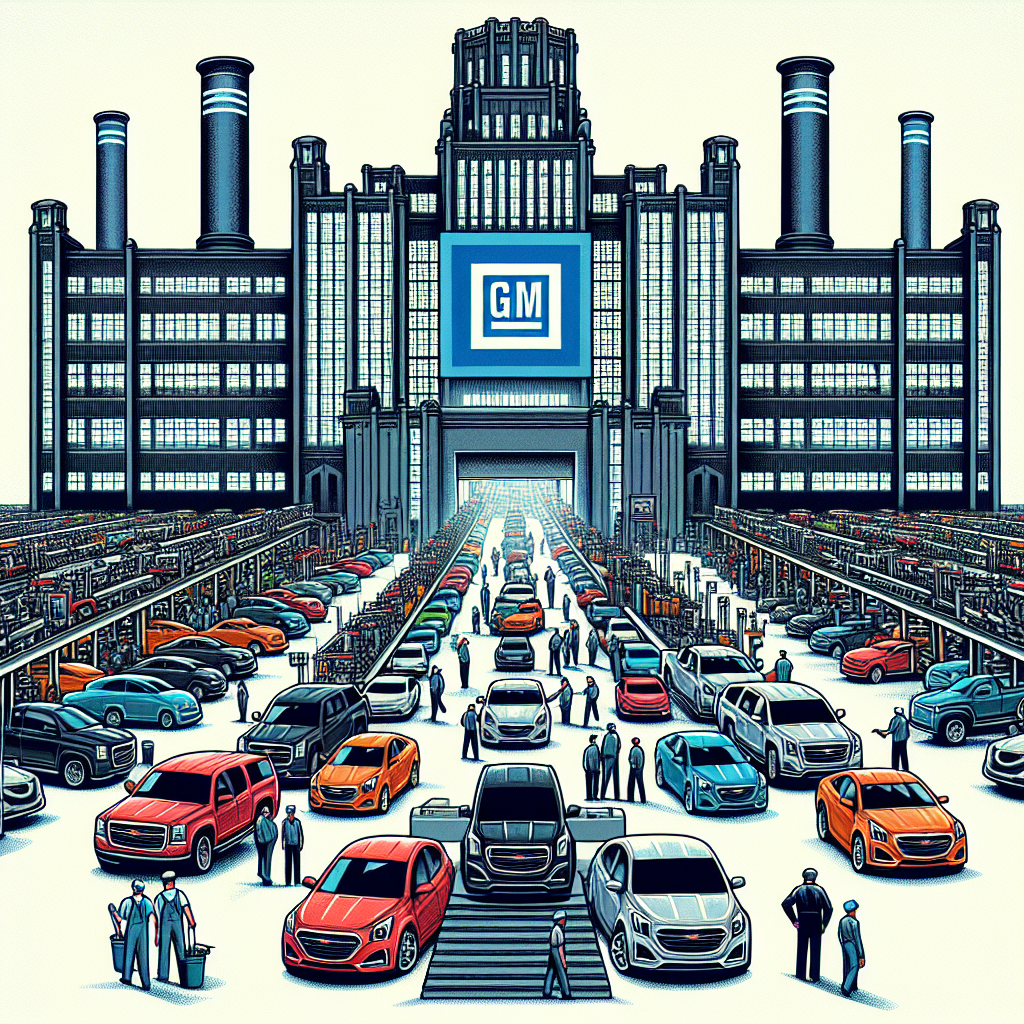GM Shifts Focus to Next-Gen Chevy Bolt for Autonomous Future
General Motors' Cruise self-driving unit is shifting its focus from the futuristic Origin vehicle to the next-generation Chevrolet Bolt. This move aims to create a more cost-effective and scalable autonomous vehicle. The change comes amid pending regulatory approvals and recent scrutiny following an accident involving one of its robotaxis.

General Motors' Cruise self-driving unit will shift its development efforts to a next-generation Chevrolet Bolt instead of the futuristic Origin vehicle that lacks traditional human controls, the automaker announced Tuesday. The decision aims to pursue an autonomous future more cost-effectively and swiftly.
In 2022, GM filed a petition with the National Highway Traffic Safety Administration to deploy 2,500 self-driving Origin vehicles without brake pedals or mirrors annually, but the agency has yet to respond. This strategic shift is also to avoid the uncertain regulatory path that could hinder scaling the Origin model, according to a GM spokesperson.
GM had temporarily halted production of the fully autonomous Cruise Origin in November. Despite producing hundreds of these vehicles, the company is now optimizing its resources towards the next-gen Bolt. Cruise is under investigation after an incident where one of its robotaxis struck a pedestrian.
GM CEO Mary Barra reiterated that Cruise had resumed testing robotaxis with safety drivers in several cities and hired a new CEO. She highlighted the revised plan's cost advantages, anticipating lower unit costs and enhancing resource optimization. Cruise has incurred over $8 billion in losses since 2017, and GM plans to reduce spends on Cruise by $1 billion in 2023.
(With inputs from agencies.)










